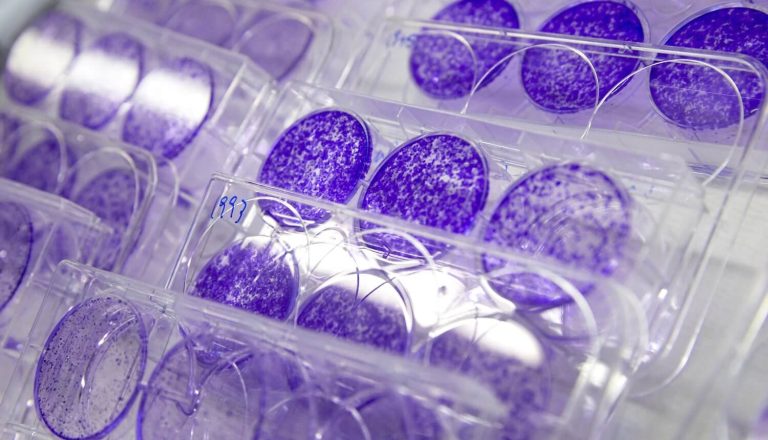Over the last 40 years we have witnessed remarkable progress against childhood cancer, improving long-term survival. Each year, an estimated 400 000 children and young adults develop cancer. In high-income countries like the UK, where comprehensive services are generally accessible, more than 80% of children with cancer are cured. In low- and middle-income countries (LMICs),
less than 30% are cured. Cancer in children and young people, comes in many different types of rare forms making it challenging to gather essential data and evidence needed to better understand cancer, transform treatment and aftercare globally. However, through international collaboration, researchers can share resources, knowledge, and expertise to accelerate progress to cure cancer including:
Using cancer registries to measure global impact These are information systems that collect, store, and manage data about individual cancer cases. The registries provide vital global insights into the diagnosis, treatment and survival of children and young people with cancer. Children with Cancer UK is funding several research projects which are using cancer registries data to learn about cancer including:
Dr Eva Steliarova-Foucher, Understanding the cancer risk in childhood and adolescent cancer survivors
Prof. Kathy Pritchard-Jones and Dr Gemma Gatta, Understanding why childhood cancer survival varies between countries’
Prof Claudia Allemani, Unravelling the world-wide survival disparities in children, teenagers and young adults with leukaemia and lymphoma
Additionally, Children with Cancer UK is funding significant international research including: Dr Grace Akinyi Odongo, Joint funded fellowship hosted at the International Agency for Research on Cancer Dr Odongo is conducting research on a type of Burkitt’s lymphoma known as Endemic Burkitt lymphoma. Through funding we are supporting future international leaders in cancer, boosting the impact on research capacity in countries worldwide.
Professor Richard Grundy, Using international teamwork to treat brain tumours One of the most challenging brain tumours to treat is called ependymoma. Our funding is giving European partnership of brain tumour specialists, BIOMECA, the opportunity to better understand the biological activity of tumours in young people, improving effectiveness and accuracy of treatments. Professor Steve Clifford, Effective therapies | Medulloblastoma | Children with Cancer UK A combination of treatments for medulloblastomas is currently in use to help children survive their diagnosis. Our funding has helped Professor Steve Clifford and his team to develop SMILE, a coordinated network of essential international leaders. Its novel approach will help children who survive medulloblastoma have a better chance of a greater quality of life.
Dr Richard Dillion, Molecular tracking of treatment response in childhood AML A sensitive lab test known as MRD has helped many children who live with leukaemia but certain genetic mutations mean that it’s not successful with some children with Acute myeloid leukemia (AML). Our funding has supported the project to find genetic markers that can be used to track responses to treatment with high accuracy.
